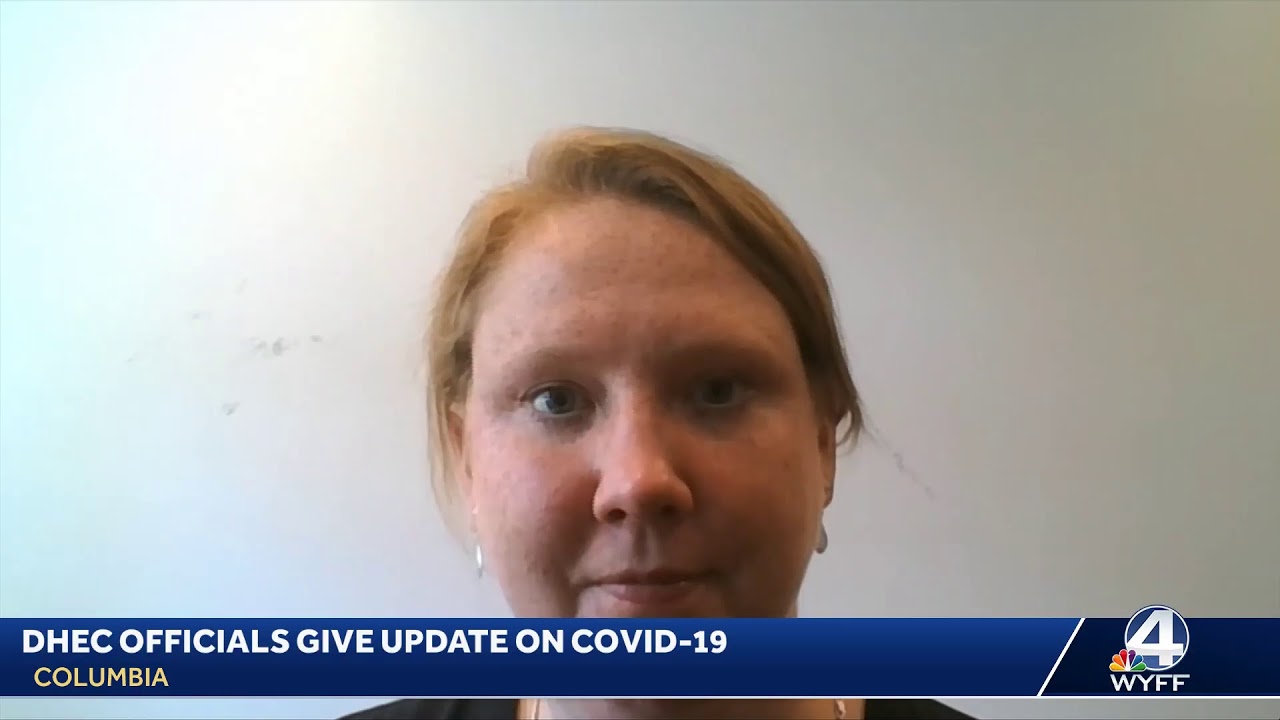Non-competition agreements — or “noncompetes,” as they are more commonly known — are illegal in some states and are almost always controversial, because no employee ever likes to sign one. However, as an employer, I require noncompetes from management because they have intimate knowledge of the inner workings of our business. They know who we buy from, who we sell to, what prices we charge, who our top customers are and many other trade secrets and confidential supplier deals. A competitor armed with this information would materially damage our business.
For most of the same reasons, we require noncompete agreements from our salespeople. Another major reason is that we provide liberal expense accounts for our salespeople to entertain customers. It’s unfair for our salespeople to build relationships with their customers using company expense accounts and then leave the company and compete with us.
If someone won’t sign the agreement, we won’t hire them. Many things are negotiable during the hiring process, but not this. This is probably the only thing that is sacrosanct to us.
A lot of times you will hear that the noncompetes don’t hold up in court. That is true — if they aren’t written properly based on the laws of the state where you do business. For a noncompete to be enforceable in most states:
- It cannot be overly broad
- It must be short in duration
- Consideration must be given
Let’s examine each of the above points. By “overly broad,” I mean a noncompete can’t state that the employee can’t work for any competitor, direct or indirect, anywhere in the United States. Our agreement states that our employees can’t work for a direct competitor within a 60-mile radius of where they worked for us. Several courts have upheld our noncompetes because the judges found that the restriction was not overly broad.
“Short in duration” means no longer than one year. Our agreement calls for our employees to not work for a direct competitor, within a 60-mile radius, within the first year of leaving our employment. Our noncompete also states that our salespeople cannot solicit business from customers to which they were assigned for a two years. This has also been upheld in several courts.
“Consideration” can mean a bonus for signing the agreement — but in our case, we condition our job offer upon getting a signed noncompete. Courts consider the job offer to be consideration provided that the applicant signs the noncompete prior to the first day of employment. If a company asks an employee to sign a noncompete agreement after already being employed, then consideration, in the form of a cash bonus, must be paid for the agreement to be valid. Courts feel that if an employee accepted a bonus to sign the agreement, then the agreement should be upheld because consideration was given.
Believe it or not, people have told me they signed a noncompete agreement after being employed as long as 15 years and not only didn’t receive consideration, but were threatened with termination if they didn’t sign. Unsurprisingly, courts view that such agreements were signed under duress and declare them invalid.
This information comes from 35 years of experience, but I am not an attorney, so do not rely on my advice for your company. If you are considering using a noncompetition agreement, I urge you to find a good labor lawyer in your area to draft it.
Jim Sobeck is CEO of New South Construction Supply, a building products distributor based in Greenville with nine locations in the Carolinas and Georgia. He is the author of “The Real Business 101: Lessons From the Trenches.”
The post Lessons from the Trenches: Tips for a bulletproof noncompete agreement appeared first on UPSTATE BUSINESS JOURNAL.










